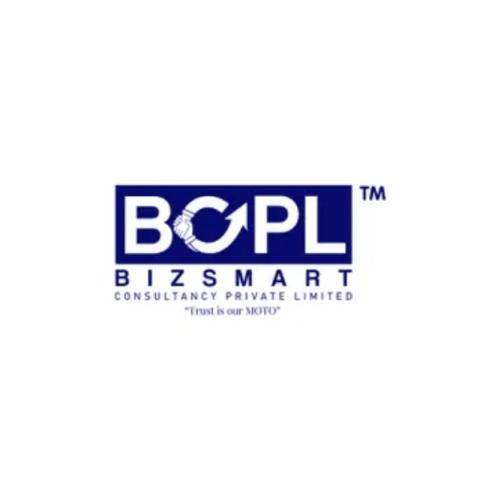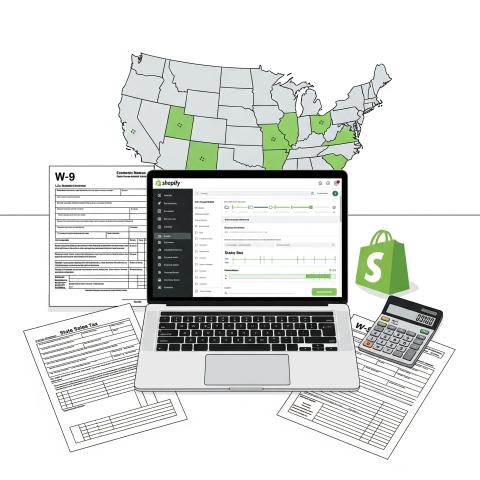Tax deductions are an important tool for businesses in the United States, helping to lower taxable income and reduce overall tax liabilities. For startups, understanding which expenses are deductible can provide a significant financial advantage, freeing up resources to reinvest in growth. This guide will cover the essentials of tax deductions for U.S. businesses, focusing on key categories and tips for maximizing these benefits.
What Are Tax Deductions?
Tax deductions allow businesses to subtract certain expenses from their total income, thereby reducing the amount of income subject to taxation. The U.S. tax system offers a wide range of deductions, especially designed to support businesses in various stages of development, including startups. These deductions are critical for lowering operational costs and improving profitability.
Common Tax Deductions for Businesses
Startup Costs:
Expenses incurred before launching a business, such as market research, legal fees, and advertising, may be deductible. The IRS allows businesses to deduct up to $5,000 in startup costs, with the remainder amortized over several years.Office and Equipment Expenses:
Whether renting an office space or working from home, businesses can deduct costs like rent, utilities, and maintenance. For home offices, the IRS provides a simplified deduction method based on square footage.Employee Salaries and Benefits:
Wages, salaries, and benefits paid to employees are fully deductible. This includes health insurance, retirement contributions, and bonuses.Professional Services:
Fees paid to lawyers, accountants, consultants, or other professionals directly related to the business are deductible.Marketing and Advertising:
Promotional efforts, including digital advertising, website development, and social media campaigns, qualify as deductible expenses.Travel and Meal Expenses:
Business travel, including airfare, lodging, and meals, is deductible, provided it is necessary and directly related to business operations.
How to Maximize Tax Deductions
- Keep Accurate Records: Maintaining detailed and organized financial records is essential for claiming deductions. Save all receipts, invoices, and contracts.
- Use Accounting Software: Tools like QuickBooks or Xero can simplify expense tracking and help ensure no deductions are overlooked.
- Consult a Tax Professional: Working with a CPA or tax advisor familiar with business deductions can optimize your tax strategy and ensure compliance with IRS regulations.
- Stay Updated on Tax Laws: U.S. tax codes are complex and subject to frequent changes. Regularly reviewing updates ensures your business takes full advantage of available deductions.
Final Thoughts
For startups in the U.S., tax deductions offer a valuable opportunity to reduce expenses and improve cash flow. By understanding eligible deductions and maintaining proper documentation, startups can strengthen their financial foundation and reinvest savings into their growth strategies. Consulting with a tax professional is always recommended to navigate the complexities of the U.S. tax system effectively.
By leveraging these financial benefits, your startup can focus on scaling operations without being overwhelmed by tax burdens.


















